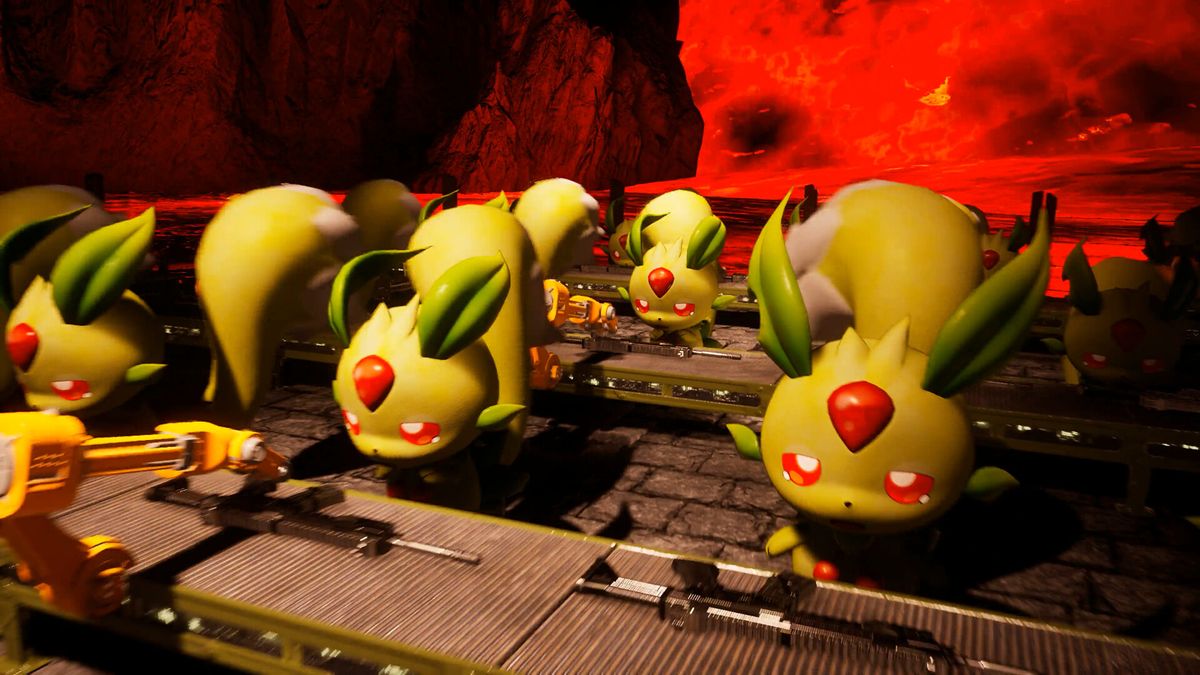Nintendo's patent lawsuit against Palworld has been interpreted differently by a range of law and industry experts, with some expecting the ensuing legal battle to run long, some arguing that Nintendo wouldn't make a move unless it was sure it could win in court, and others reckoning this may be a reach for the company's well-known legal team.
Haley MacLean, a lawyer at Voyer Law who specializes in video games, says it's currently difficult to predict the effects of the suit since we don't even know the patents in question, though there's fair speculation that a Pokeball-related patent is in the mix, but she sees room for outcomes including reworks to Palworld's mechanics and the survival game being temporarily or permanently removed from stores.
Speaking with GamesRadar+, MacLean unpacks Nintendo's terse statement revealing the lawsuit. "For Japan (and a lot of other jurisdictions too), patent infringement is the unauthorized commercial workings of a third party of a [claimed] invention," she explains. "The scope of whatever is protected under the patent(s) determines the consideration for whether an act then constitutes infringement against said scope. There is both direct infringement, and indirect infringement as well. Without getting overly complicated, Nintendo has to prove Pocketpair’s commercial actions infringed on their patent(s) and they did not give them consent to do so."
Full details here:

 www.gamesradar.com
www.gamesradar.com
Haley MacLean, a lawyer at Voyer Law who specializes in video games, says it's currently difficult to predict the effects of the suit since we don't even know the patents in question, though there's fair speculation that a Pokeball-related patent is in the mix, but she sees room for outcomes including reworks to Palworld's mechanics and the survival game being temporarily or permanently removed from stores.
Speaking with GamesRadar+, MacLean unpacks Nintendo's terse statement revealing the lawsuit. "For Japan (and a lot of other jurisdictions too), patent infringement is the unauthorized commercial workings of a third party of a [claimed] invention," she explains. "The scope of whatever is protected under the patent(s) determines the consideration for whether an act then constitutes infringement against said scope. There is both direct infringement, and indirect infringement as well. Without getting overly complicated, Nintendo has to prove Pocketpair’s commercial actions infringed on their patent(s) and they did not give them consent to do so."
Full details here:

Nintendo lawsuit could see Palworld reworked or removed and is an investment in "unspoken fear," lawyer says: "Don’t cross us and we won’t do it to you"
An injunction against Palworld could have multiple effects

